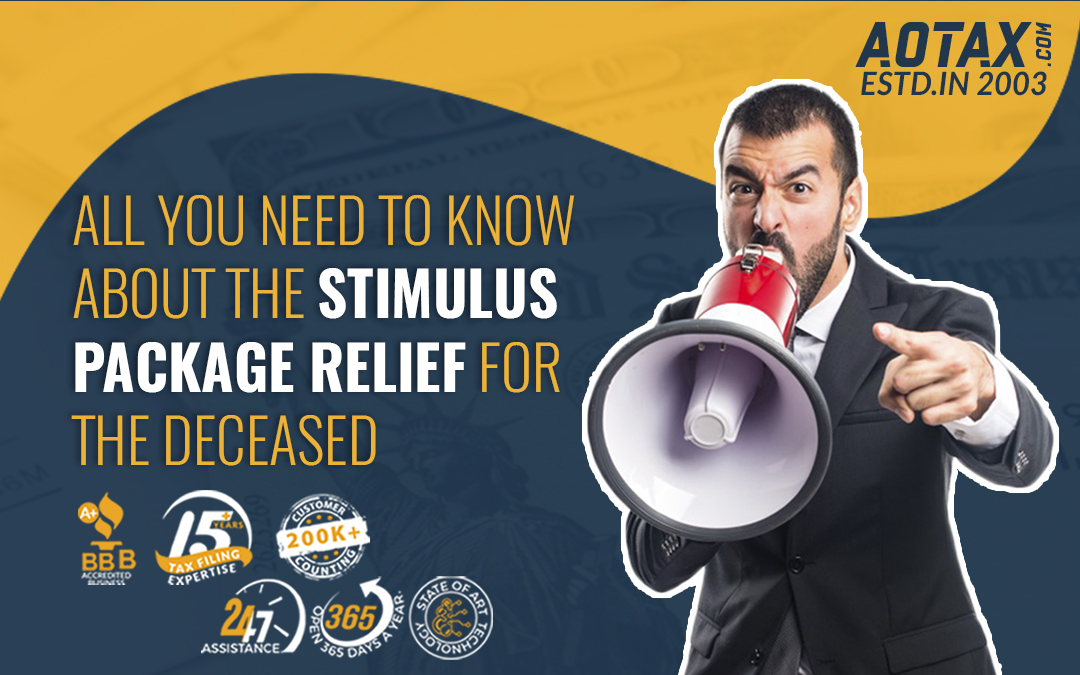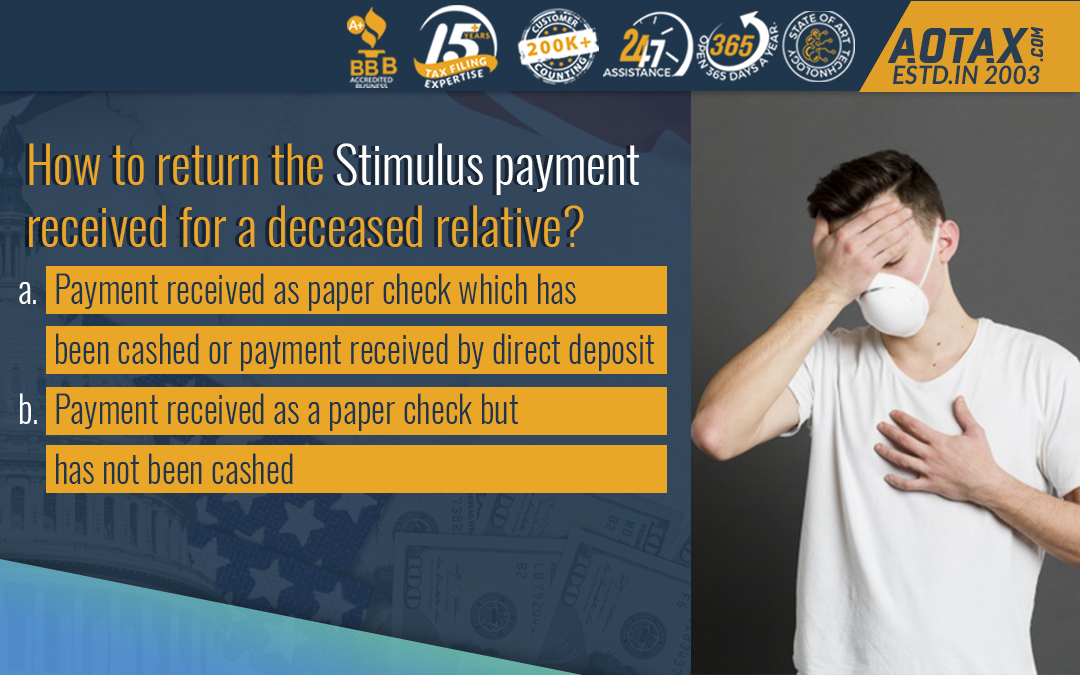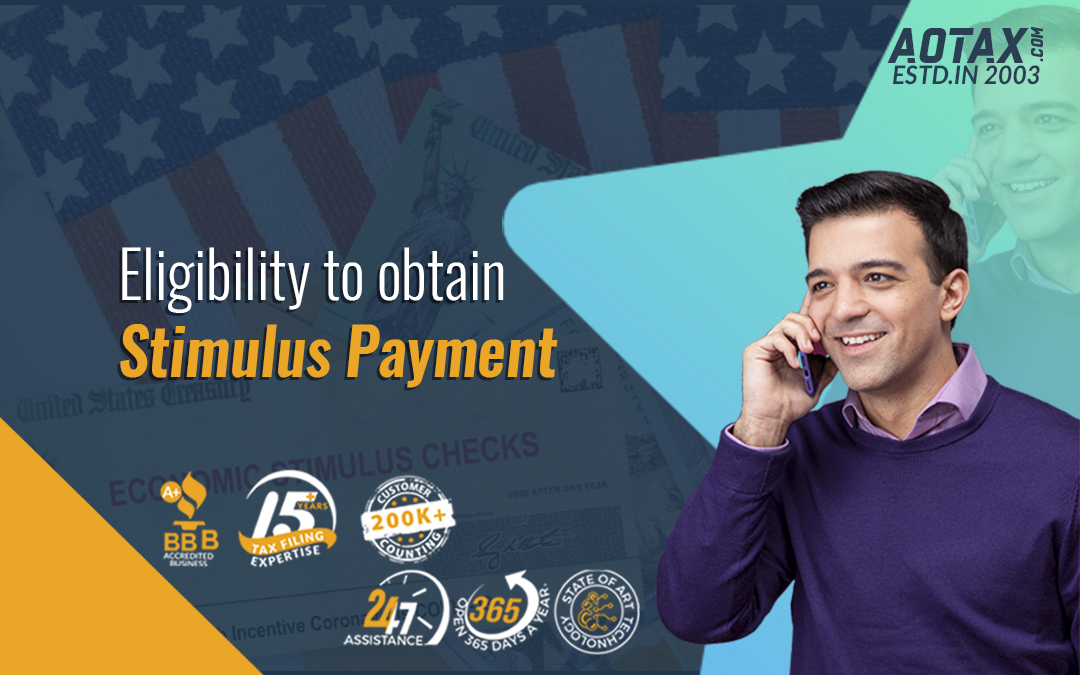
All you need to know about the Stimulus Package Relief for the deceased
All you need to know about the Stimulus Package Relief for the deceased
Millions of people across the United States have already received their payments from the Coronavirus relief package and many are still waiting for their stimulus payments to arrive. However, a surprising fact which has come up into light is the receipt of stimulus payments by the deceased Americans. The beneficiaries of these deceased Americans have been receiving the stimulus payment and are in a dilemma about the next course of action.
The CARES Act was passed by Congress in March and since then there has been huge pressure on the IRS for the quick distribution of the Stimulus money amongst the people. This scenario of deceased persons receiving the Stimulus money has also been addressed by the US President as quite a normal happening which would be taken care of by the IRS eventually.
How are the deceased Americans receiving coronavirus stimulus checks?

If an American had filed his tax returns for the year 2018 or 2019 and has passed away then his beneficiaries might be receiving the Stimulus payments. The major reason underlying this is the use of the recent tax information by the IRS to determine the eligibility for the receipt of the Stimulus payment.
There is a master file of all deaths that have happened in the country with the Social Security Administration.
IRS could have cross-referenced with this master file and scrubbed the data for removing the names of the deceased individuals from the list of Stimulus check recipients. However, this would have taken a longer duration and the Stimulus payments would have been delayed for all Americans. Precisely, many tax and law consultants have stated that the IRS has followed the law because according to law the IRS needs to look at what has been reported by the taxpayer in his 2019 returns, his income, and his filing status. The payment would be based on these eligibility criteria and not on whether the taxpayer is deceased or not.
What to do if you receive a Stimulus check for your deceased relative?
The IRS FAQ page on its official website gives detailed information on what needs to be done if you are receiving the Stimulus payment for any of your deceased relatives or family member.
Based on the IRS’s instructions about repayments, any stimulus amount obtained for a person who had died before the receipt of the payment should be returned. However, there is a small exception in this case as well. In case, you are married and had filed your income tax returns jointly but your spouse had passed away before the receipt of the Stimulus check then you are entitled to return only that portion of the payment which was intended for your spouse and keep your portion of the payment. The amount which you need to return would be $1200 unless your joint AGI (Adjusted Gross Income) was more than $150,000.
How to return the Stimulus payment received for a deceased relative?
If you have received Stimulus payment for any of your deceased relatives and wish to return the payment, then you must follow the instructions specified by the IRS.

a. Payment received as paper check which has been cashed or payment received by direct deposit
- You need to send a money order or a personal check to the appropriate IRS location in the state in which you are residing. The ‘Economic Impact Payment Information Center’ can be referred to obtain the mailing address on which the money order or check would be sent.
- You need to mention ‘Payable to US Treasury’ on the money order or check. You must also mention the 2020 EIP and the Social Security Number or Taxpayer Identification Number of the person to whom the check had been addressed.
- You should give a summary of the reason for which you are returning the check.
b.Payment received as a paper check but has not been cashed
- If you have not cashed the check, then you need to mention ‘Void’ on the endorsement section of the backside of the check received.
- You can mail the voided Treasury check to the appropriate mailing address of the IRS location.
- You can put in a note which explains the reason for your return of the check.
Conclusion
Despite all the understanding about the return of the check, it can be said that the need to return the Stimulus payment made for a deceased person has not been officially stated in the IRB (Internal Revenue Bulletin). This has only been said in the FAQs of the IRS and the IRS may change its regulation at any time.







Recent Comments